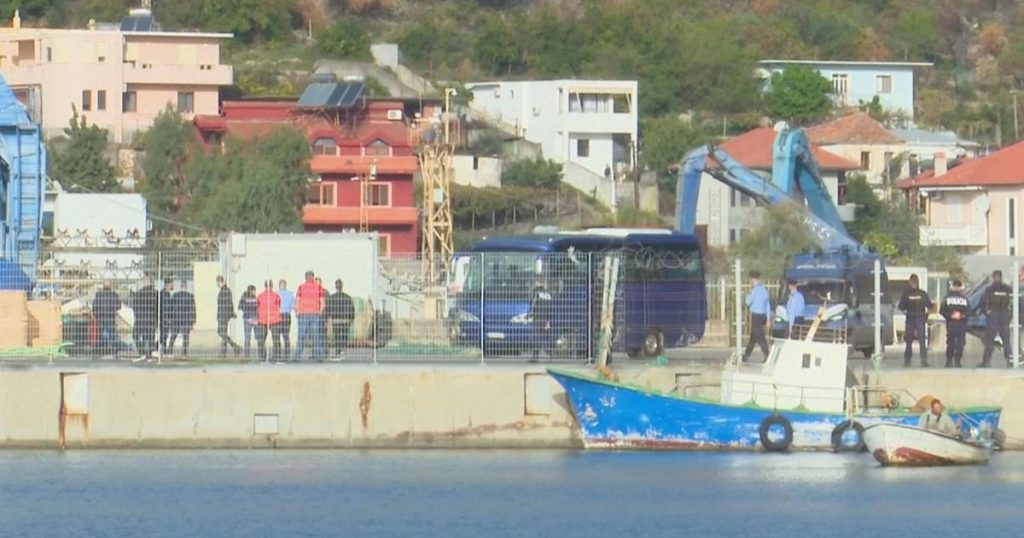The Catania court noted that Egypt cannot be considered a “safe country,” leading to a new referral to the European Court of Justice in Rome. Amid ongoing judicial proceedings and political controversy, the issue of migrant landings continues.
The Italian court’s decision highlights the ongoing challenges surrounding migration and the safety of countries that migrants are being sent back to. This decision raises questions about the legal and ethical implications of returning migrants to potentially unsafe countries and the responsibilities of countries like Italy in ensuring the well-being of asylum seekers.
The continued arrival of migrants by sea has reignited debates over Italy’s migration policies and its cooperation with other countries in managing the flow of migrants. The political and social implications of these debates are complex and highlight the tensions between humanitarian concerns and national security interests.
The case in Catania underscores the broader issues surrounding migration in Europe and the need for a comprehensive and coordinated approach to addressing the root causes of migration, providing safe and legal pathways for asylum seekers, and ensuring the human rights of migrants are protected.
The referral to the European Court of Justice indicates that the legal aspects of the migration issue are still unresolved and that further judicial intervention may be necessary to clarify the legal obligations of countries in managing migration flows and protecting the rights of migrants.
Overall, the ongoing discussions and tensions surrounding migration in Italy and Europe highlight the need for a more cohesive and effective approach to managing migration, addressing the root causes of displacement, and ensuring the safety and well-being of migrants. The legal and political implications of these issues are complex and require careful consideration and collaboration among European countries to effectively address the challenges of migration in the region.















